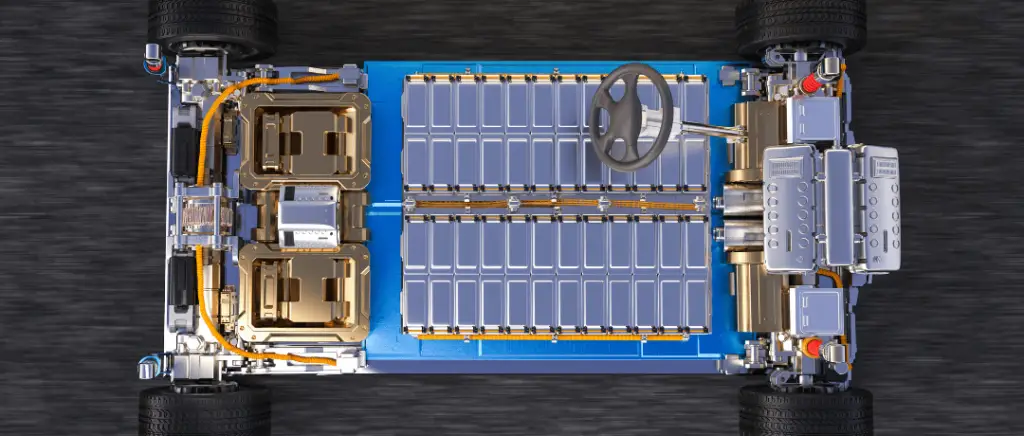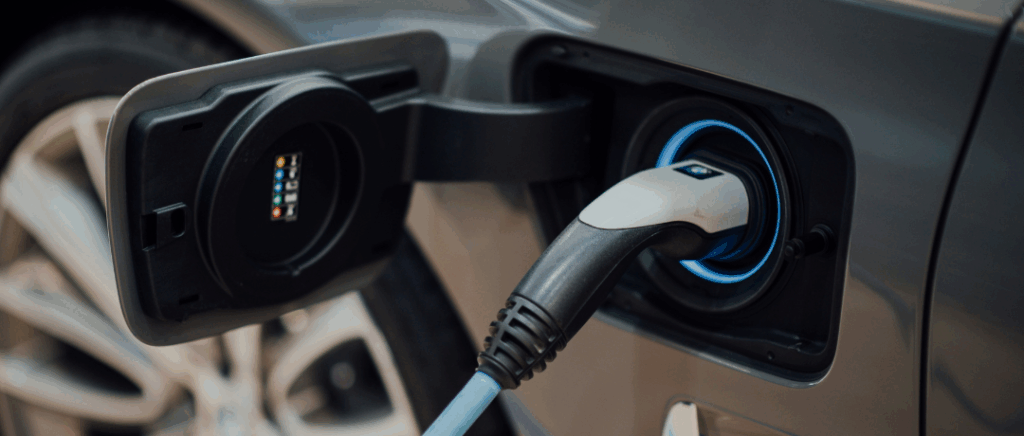Brief background
A recent study confirmed that the replacement of the battery is a rare event. Only 1.5% of the 15,000 electric vehicles tested required the battery to be replaced.
Despite this, the battery in an electric car remains a long-term investment. Although it represents a significant purchase price, it can last for many years. It's good to know that batteries are designed to maintain optimum efficiency for at least 1,000 full charge cycles (from 0 to 100 % of capacity).
Here is a non-exhaustive list of manufacturers with attractive warranty offers:
- Hyundai boasted the 'best warranty' between 2012 and 2019 with a lifetime battery guarantee, albeit non-transferable. From 2020, the battery is guaranteed to retain 70 % of its capacity for 10 years or 160,000 km.
- BMW guarantees 70 % of original capacity for 8 years or 160,000 km.
- Volkswagen guarantees 70 % of the battery's initial capacity for 8 years or 160,000 km.
- Tesla suggests that Tesla Model 3 (excluding rear-wheel drive) guarantees 70 % of the battery's original capacity for 8 years or 192,000 km.
Our article "Electric car battery: why the 8-year warranty?"You could find out more on the subject.
When should you replace the battery in your electric vehicle?
As a general rule, it is advisable to have your electric vehicle's battery inspected by a professional if you have any concerns about its performance. They will be able to assess its condition and determine whether it needs replacing.
Indeed, the battery capacity is one of the most important parameters. It determines the amount of energy the battery can store, expressed in ampere-hours or kilowatt-hours. When the battery's capacity becomes insufficient for the car to function properly, it must be replaced.


Replacing an electric car battery: warning signs
To find out if your car battery is out of order, you can carry out an electrical test or observe the behaviour of your car.
To do this, connect the tester's probes to the battery terminals, respecting the colours. The device should display a voltage of at least 12 V. If the voltage is less than 12 V, the battery should be replaced.
On the one hand, if the car won't start, even after checking the connections, the battery may be dead. On the other hand, if the car starts with difficulty, an electrical test is recommended. If the electric car takes a very long time to start, the battery may also be at the end of its life.
That's why it's so important to test your car's battery regularly, to detect any problems before it's too late and you incur additional, unanticipated costs.
Where can I replace my battery?
If you think it's time to replace the battery in your electric car, it's a good idea to make an appointment with your nearest dealer. The replacement will not be automatic, as the dealer must first check the condition of your battery and the conditions for replacement.
This replacement operation can take over an hour, or even up to five hours for more complex vehicles.
Can an electric car battery be recycled?
Battery recycling is strictly regulated in Europe. There is a national register of batteries and accumulators, maintained by the French Environment and Energy Management Agency (ADEME). This register lists all approved recycling operations. What's more, European electric vehicle manufacturers are also obliged to recycle their batteries, in accordance with the European directive 2006/66/EC.
Because yes! Contrary to popular belief, the batteries in electric cars are 95% thanks to advanced techniques compared with combustion-powered vehicles. Recycling of lithium-ion batteries is booming in Europe. At the moment, 15,000 tonnes of used batteries are processed every year. As well as being recycled, these batteries can be reused or reconditioned after their first life in a car.
More information in our article recycling electric car batteries.
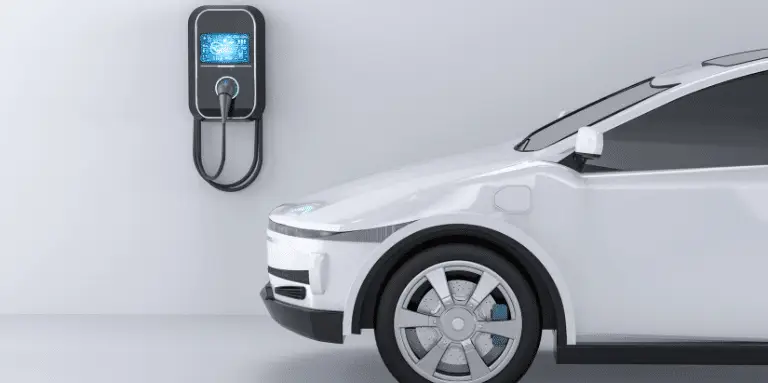
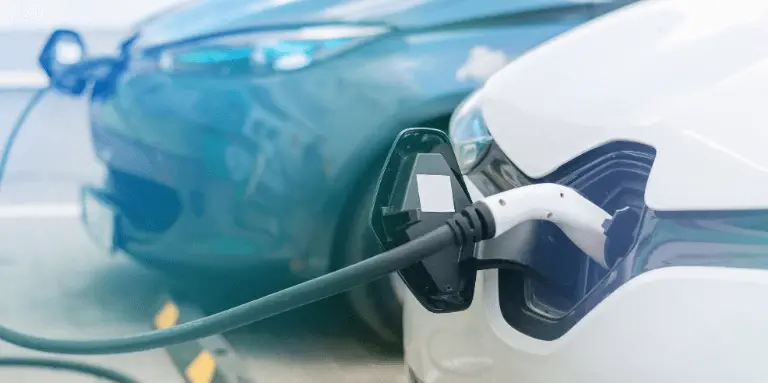
Is renting a battery a possible alternative?
The question of whether to lease or buy the battery for an electric car is a moot point, as this option has been abandoned. Leasing the battery would have covered replacement in the event of a breakdown or loss of capacity, but would have been more expensive than buying the battery in the long term.
Renault was the first manufacturer to launch this initiative for its Renault Zoé. The main drawback is that it is a fixed cost, whether or not the user does a lot of driving. In other words, the lessee has to pay a monthly or annual subscription for the battery, regardless of mileage.
In particular, it has been abandoned because car manufacturers are offering long-term rental (LDD) or lease with purchase option (LOA) for electric vehicles. This allows customers to lease the entire vehicle, including the electric battery, and benefit from a comprehensive maintenance package.
How much will it cost to replace the battery in your electric car?
By way of a brief introduction, low-emission electric cars mainly use lithium-ion batteries. To recharge, these batteries exchange lithium ions between two electrodes (positive and negative) immersed in a conductive electrolyte. In short, this process transforms chemical energy into electrical energy, which then powers the electric vehicle's battery.
The price of an electric car battery is essentially determined by the cost of lithium and cobalttwo rare and sought-after minerals. The price of cobalt remains high, but that of nickel has been falling steadily since 2015, thanks to the opening of a large number of dedicated mines, particularly in Latin America.
The price of a battery also varies according to its energy capacityexpressed in kilowatt-hours (kWh), which determines its autonomy. It also depends on the engine power the battery is to power: a battery for a small electric car will naturally be cheaper than one for a large car. saloon or a Electric SUV.
In short, the cost of replacing the battery in an electric car varies according to a number of factors, including the make and model of the vehicle, the capacity of the battery and the year of manufacture.
Electric battery prices
To give you an idea, here's the price of a battery per kilowatt-hour for some electric vehicle models:
- Tesla Model 3 269/kWh
- Renault Zoe 163/kWh
- Peugeot e-208 338/kWh
In short, the battery can be expensive. For example, the Renault ZOE cost around €8,100 in 2020, while those for Smart Fortwo and Smart EQ Forfour 10,000. In 2021, the Mustang Mach-e from Ford cost €17,400 or €22,700 depending on the version (68 kWh or 88 kWh).
For more information on this subject, see our article on How much does an electric car battery cost? may be of interest to you.
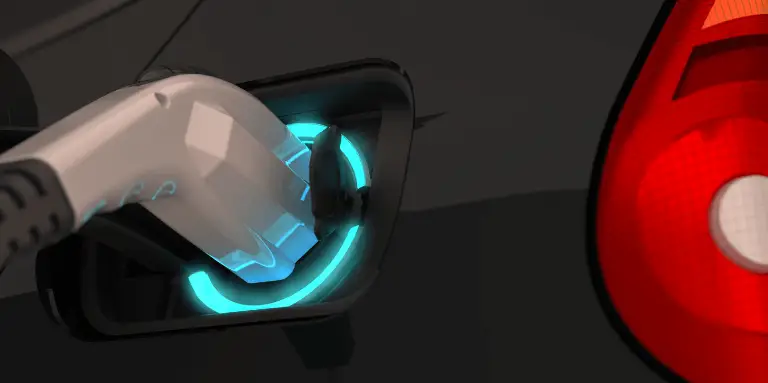
Top 5 tips for optimising your electric vehicle battery
SoH (State of Health) refers to the state of health of an electric vehicle battery. In other words, it is an indicator of its capacity to supply energy. It is expressed as a percentage and varies from 100 % for a new battery to around 90 % after five years, then continues to deteriorate.
The calculation is as follows = maximum capacity of the battery in production - current capacity. For example, if the SoH of the battery reaches 75 %, you will probably need to change the battery in your electric car.
💡 Good to know: you can check the SoH of your battery before buying a used electric vehicle.
The durability of an electric car battery is influenced by a number of factors. Fortunately, there are ways of preserving it so that it remains efficient for as long as possible. Here's the advice we can give you on how to maximise the battery's longevity.
Avoid extreme temperatures
Electric car batteries need optimum operating temperature. That's why we recommend parking your electric vehicle in a sheltered area.
On one side, the battery in an electric vehicle is sensitive to heatThis can damage the battery prematurely. Recharging too much or driving for too long can raise the battery's temperature, as can parking in direct sunlight or in a hot environment. In this case, the battery will be put under greater strain and will have difficulty in reaching a normal temperature. To avoid this, we recommend parking your car in a garage or in a shaded area.
On the other side, in cold weather, batteries lose their autonomy. Unlike heat, cold does not damage an electric car's battery, but it does reduce its ability to supply energy. So if you can't park your car in a garage, try to find a place in the shade and opt for frequent, short recharges.
In addition, to prolong the life of your battery and preserve its autonomy, it is advisable toavoid driving immediately before or after recharging. This is because the battery is already hot after driving, and recharging can heat it up even more, accelerating wear and tear. Similarly, the battery can become overheated after recharging. To avoid this, it's best to let the battery cool down to room temperature before and after recharging.
Use slow recharging as much as possible
Rapid charging of an electric car battery is more convenient, but it is also more stressful for the battery, as it subjects it to high charging power and high temperature.
To preserve the life of the battery in an electric car, it is advisable toavoid frequent rapid recharging. Favour slower charging at home or at public AC charging points.
A slow charge keeps the battery cool, reducing wear and tear. It is therefore preferable to recharge your electric car at night at home or at work, rather than using ultra-fast charging stations.

Maintaining battery levels between 20% and 80%
The battery cells in an electric car last longer if they are not excessively discharged. We therefore recommend that you use no more than 70 % of your battery before recharging it. for longer life.
Smaller, more frequent refills are preferable. In addition, it is preferable to maintain the charge level of a battery between 20 % and 80 %It can be damaged by full charges and discharges.
It is possible to fully recharge the battery and let it drop to 10 % on long journeys, but this should only be done occasionally. For this reason, it is imperative to avoid dropping below 5 %, as this could shorten the life of the battery.
Adopt a flexible driving style
La sporty driving heats up the battery, discharges it and makes it tired. A more flexible driving style helps to avoid sharp rises in temperature and to maintain the battery's range and good working order.
Use your electric vehicle frequently
Electric car batteries don't take well to not being used regularly. That's right, leaving your electric vehicle idle for a long time can accelerate its ageing process. So it's best to use it frequently to keep your electric vehicle in top condition.
Conclusion
Replacing the battery in an electric car is an important operation, but one that is becoming increasingly common. Electric car batteries have a limited lifespan, and need to be replaced when they can no longer guarantee sufficient range.
To do this, you need to replace the battery in your electric car, so it's important to contact an approved professional. Replacing the battery in an electric car is a complex operation that needs to be carried out with care.
If you would like to find out more aboutsupport for the installation of charging points for businesses in 2024For more information, see our article on this subject.
your charging point
